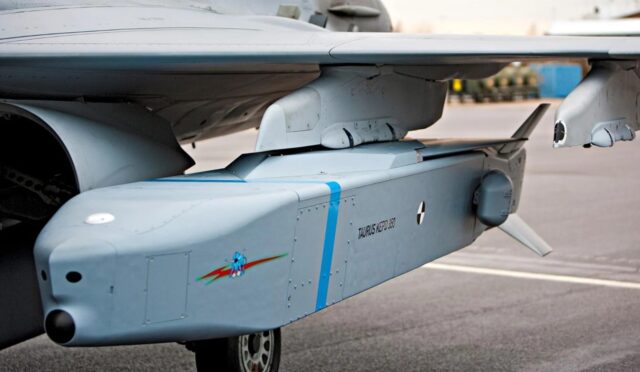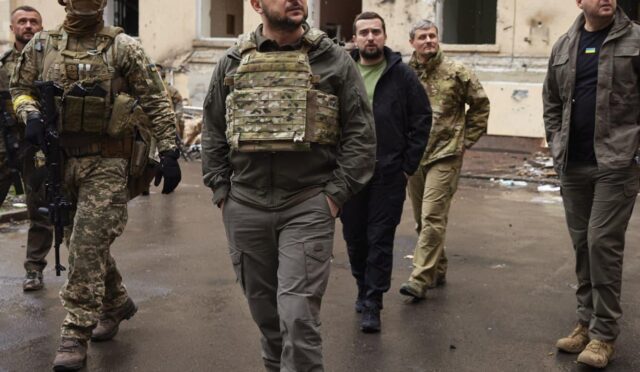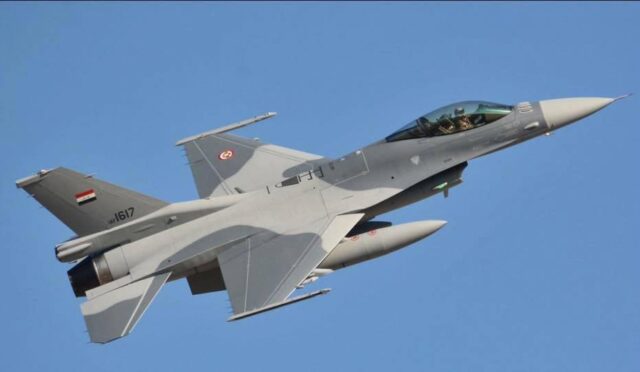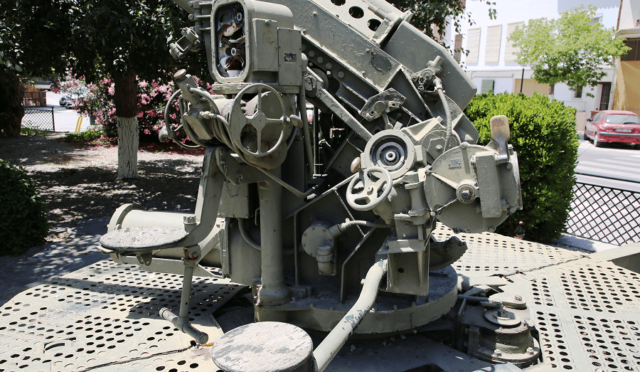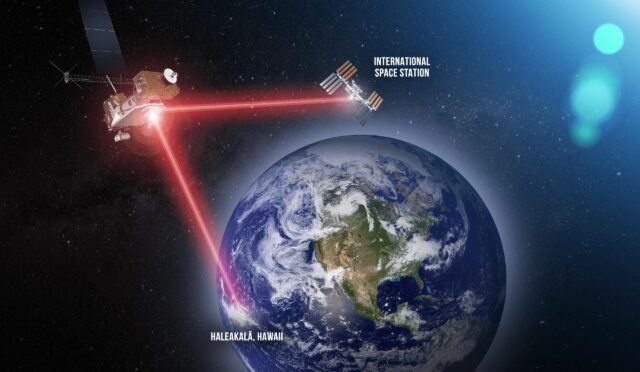Equatorial Guinea Vice President Denies Military Involvement in Ukraine
Teodoro Nguema Obiang, the Vice President of Equatorial Guinea, categorically dismissed rumors regarding his country deploying troops to assist Russian forces in Ukraine. This statement was made on Saturday, contradicting reports that surfaced earlier in the week from AFP.
Responding specifically to an article published by *Le Monde*, which accounted for the earlier claims, Obiang refuted allegations that this small Spanish-speaking nation was enlisting Russian mercenaries. The controversial article referenced information from *Diario Rombe*, a Spanish outlet linked to Equatorial Guinea’s exiled opposition.
Clarifications on Troop Deployment and Training
In a statement via social media platform X, Obiang firmly asserted, “I come to deny the information regarding the sending of Equatorial Guinean troops to Russia to fight in Ukraine; this is a falsehood.” He emphasized that young citizens who travel to Russia do not engage in warfare but pursue education at esteemed Russian universities.
He further explained that these students return home after their studies to contribute positively to their nation’s defense. These remarks come amidst increasing scrutiny of Equatorial Guinea’s military dealings with Russia.
Russian Mercenaries and Military Cooperation
The controversy deepened with reports indicating that Russian mercenaries were allegedly present in Equatorial Guinea, purportedly to ensure the personal security of President Teodoro Obiang Nguema Mbasogo and his family, who have held power for over four decades.
In response, Vice President Obiang clarified, “Here we do not have mercenaries but instructors who help us in the framework of cooperation and collaboration with Russia, as well as with other friendly countries for the training of human resources in the defense and security sector.” His statements attempted to reframe the narrative around the military relationship.
Military Training Agreements Under Scrutiny
Obiang’s comments came in light of military agreements established for 2024 that reportedly involve the dispatch of Russian instructors to train local forces. However, military insiders revealed that no organized training sessions have taken place following the arrival of the first Russian contingent in August of the same year.
This discrepancy raises questions about the implementation of these agreements, as the anticipated training support has yet to materialize.
Concerns over Foreign Paramilitaries in the Country
Simultaneously, security sources disclosed concerning information about foreign paramilitaries entering Equatorial Guinea. These individuals are reportedly bringing along military equipment, weapons, and vehicles. As per estimates, the number of these operatives in the country stands at around 300.
Such developments have heightened tensions in a nation where freedom of expression has historically been stifled, especially under the long-standing regime of the Obiang family. The public’s awareness and scrutiny of these imports could potentially lead to larger implications for the political landscape.

